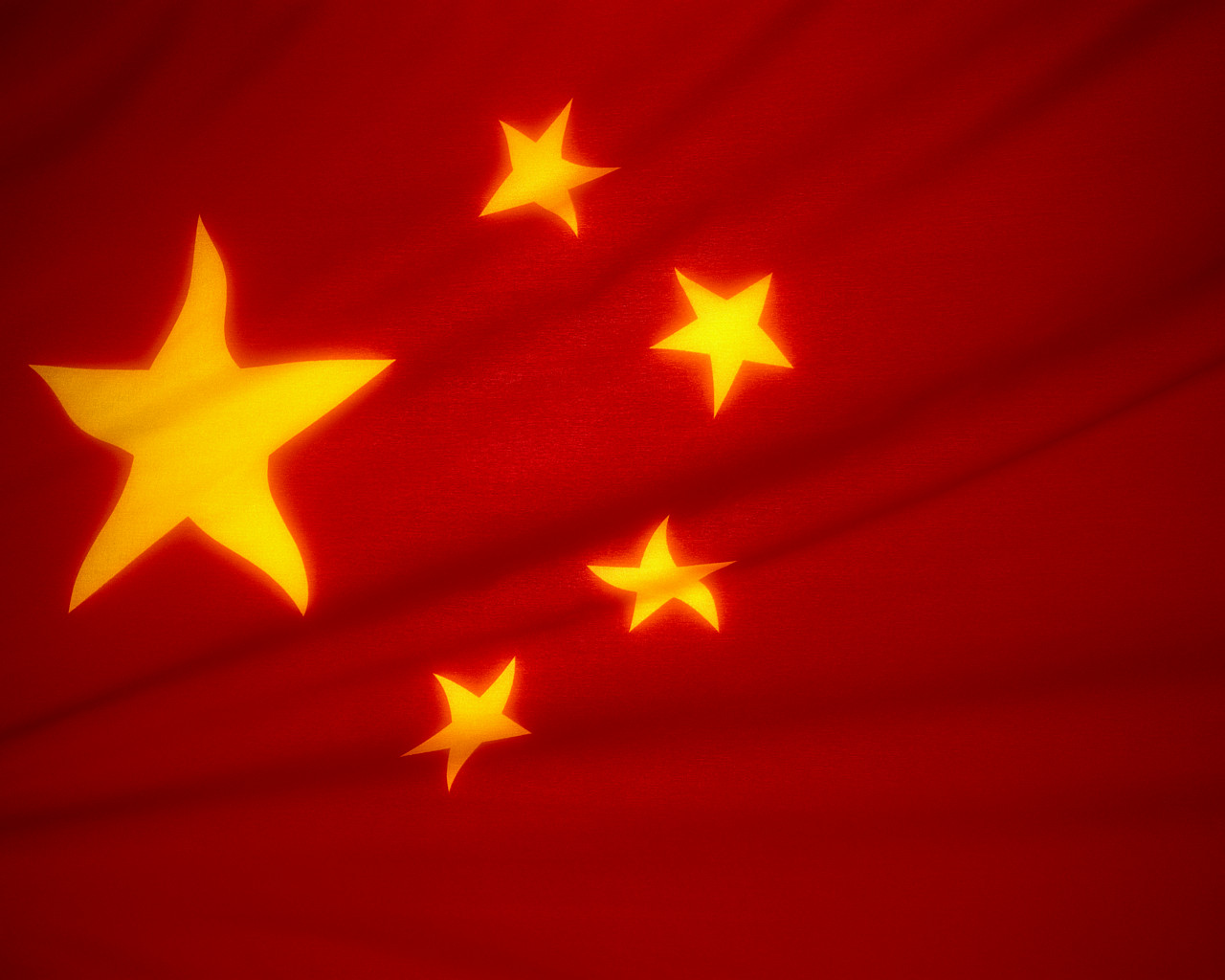Engineerblogger
Oct 07, 2011
Wage inflation is hitting the Chinese automotive manufacturing market, doubling in a recent seven-year period (and are expected to double again by 2015 based on 2010 levels) according to a recent WSJ analysis that considers the evolution of Hyundai's consideration of the Chinese market. Moreover, the wage and labor climate for foreign producers in China appears to underpin a double standard between domestic and state-owned enterprises and those owned or operated by outside interests.
In this regard, a Hyundai executive cited in the article "pointed to a series of high-profile labor strikes that hit Japanese-run auto factories and others in China last year. Normally quick to break up organized worker walkouts, the government tolerated those strikes to a large extent last year, and minimum wages in some parts of China have been rising steadily since." Of course don't think for a minute that rising wages will deter the export ambitions of Chinese automotive manufacturing organizations (both OEM and lower tier suppliers).
As anyone who has studied how China manipulates export prices via currency controls and other methods (e.g., VAT rebate changes and incentives), it is no surprise that, "China's auto exports will continue to increase in part because of excess auto-production capacity in the country," according to the story. After all, if there is not a large enough middle class to consume the voracious state-sponsored output within domestic automotive production in China, then of course we all know what that will mean for the rest of the world.
Given this broader climate, when it comes to building total cost models for manufacturing in the region or working with Chinese automotive suppliers, companies should plan for large degrees of uncertainty in their forecast models for 2012 and beyond. After all, it's hard to know what the landed price (domestic or export) will be when it's really only up to one organization that sets it -- the politburo. Remember, the standard laws of supply and demand don't apply in a mercantilist state that exists to preserve the status quo for its leaders.
Source: Spendmatters.com
Friday, October 7, 2011
Automotive Manufacturing in China: Low-Cost Production Image Fades
Labels:
Asia,
Automotive,
BRIC,
China,
Investment,
Manufacturing
Subscribe to:
Post Comments (Atom)








No comments:
Post a Comment